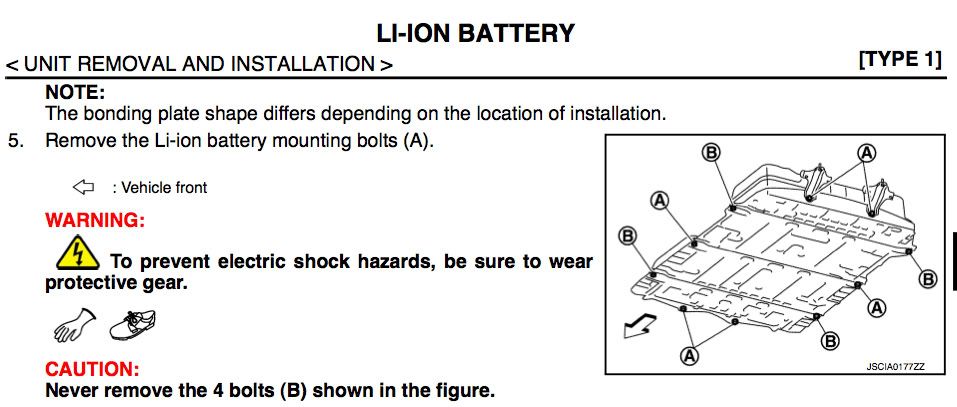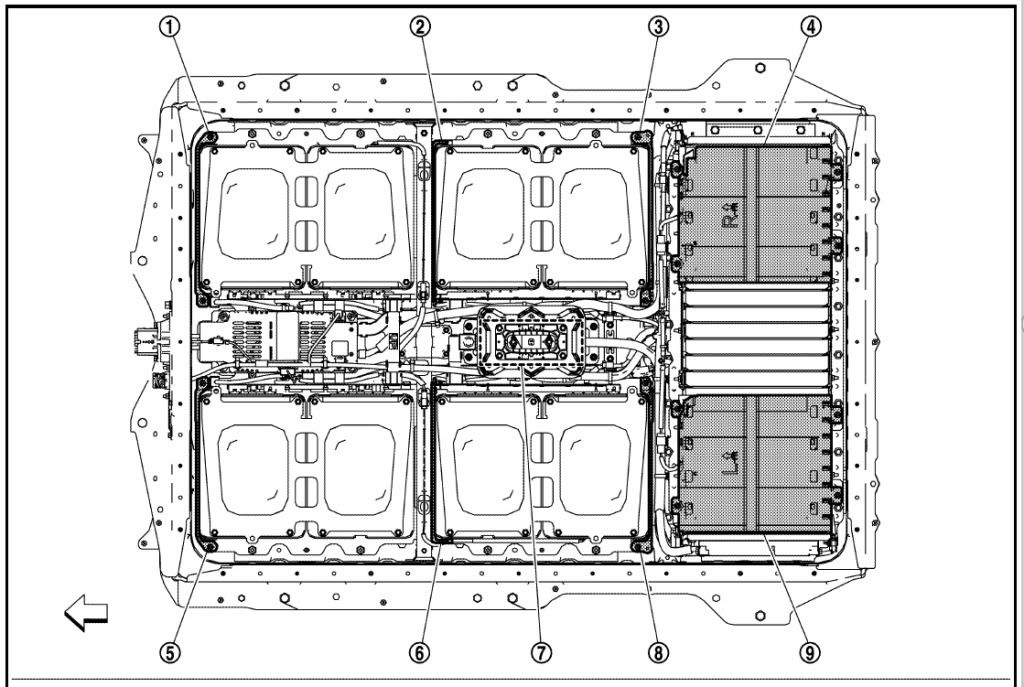Caddiac
Member
It seems that the question of "what happens when the battery starts to fail?" has not been answered any where that I can find. I searched the forums so I hope what I am about to share is not old news.
I had a chance to talk to a Nissan Service Manager and I popped the question regarding the battery replacement. He told me that the Leaf's battery is made up of 48 individual cells that are all accessible from the passenger compartment. So if a cell starts to fail, it can be replaced. Now the question that needs answering is "What is the cost?.
That will depend largely on labor cost of having to remove interior parts to get to the batteries. If you have to gain access to change one cell that has failed but there is another than will likely fail in the coming year, it would be more cost effective to change both at the same time.
The final question is "do you really care?". My answer is yes. I am buying, not leasing and I tend keep my vehicles if they do not turn out to be a POS. My '98 Suburban has 248,000 miles, looks and runs good enough for me to come visit our west coast members. Who knows, by the time the first generation of Leaf batteries reach EOL, it may be possible for us home mechanics to do the job on a Saturday.
I had a chance to talk to a Nissan Service Manager and I popped the question regarding the battery replacement. He told me that the Leaf's battery is made up of 48 individual cells that are all accessible from the passenger compartment. So if a cell starts to fail, it can be replaced. Now the question that needs answering is "What is the cost?.
That will depend largely on labor cost of having to remove interior parts to get to the batteries. If you have to gain access to change one cell that has failed but there is another than will likely fail in the coming year, it would be more cost effective to change both at the same time.
The final question is "do you really care?". My answer is yes. I am buying, not leasing and I tend keep my vehicles if they do not turn out to be a POS. My '98 Suburban has 248,000 miles, looks and runs good enough for me to come visit our west coast members. Who knows, by the time the first generation of Leaf batteries reach EOL, it may be possible for us home mechanics to do the job on a Saturday.





